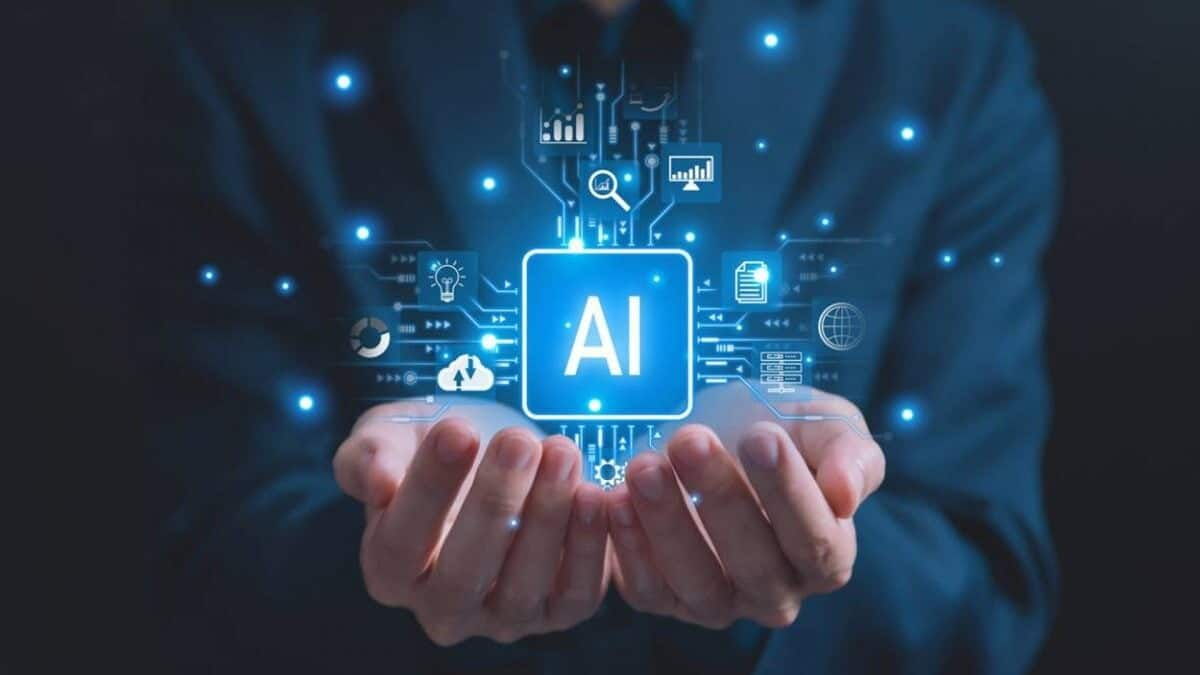
UK considers diluting copyright laws for AI training
What's the story
In a controversial move, the UK government has proposed a copyright exemption that would allow tech firms to use copyrighted works without permission, for training artificial intelligence (AI) models. The proposal, unveiled during a consultation on Tuesday, is aimed at bridging the gap between AI developers and creative industries. However, it has drawn strong criticism from artists, publishers, and rights campaigners alike.
Backlash
Critics label proposal as 'untested and unevidenced'
The proposed changes would enable tech companies to use copyrighted material freely for AI training, unless the IP creators have explicitly opted out. Critics, including book publishers, have called the proposal "untested and unevidenced," warning that it could disproportionately affect smaller creators who may not have the resources to protect their rights. They argue that this undermines a sector worth £126 billion annually.
Official stance
Government views proposal as potential solution
The government thinks this proposal could put an end to the ongoing standoff between AI developers and creative professionals. It has emphasized the need for AI firms to be transparent about how they source and use training data and the content they generate. The Data Protection Minister called the plan a "win-win," hinting it could open up more licensing opportunities, giving creators potential new revenue streams.
Concerns raised
Campaigners argue against 'rights reservation' mechanism
Campaigners have raised concerns over the "rights reservation" mechanism, wherein creators would have to actively opt out. They argue that this system is unfair and may only benefit major rights holders while leaving smaller artists vulnerable. Leading voices in the publishing and news industries also raised concerns, urging the government to prioritize transparency and enforce existing copyright frameworks rather than introduce what they view as "unworkable" opt-out systems.
Public outcry
Over 37,000 creatives protest against unlicensed use of works
The creative community has vehemently opposed the proposal, with more than 37,000 artists, writers, and performers signing a statement against the unlicensed use of creative works for AI training. High-profile personalities such as Radiohead's Thom Yorke and actor Julianne Moore have also joined this protest. They warn that the new exemption could lead to rampant exploitation by letting AI firms get away without fair compensation.
Uncertainty
Proposal's impact on existing AI models remains unclear
There's also ambiguity over whether the proposal would extend to existing AI models like ChatGPT and Google's Gemini, which have already been trained on massive datasets. Critics say this ambiguity only adds to an already complicated situation. The proposal is also looking at wider protections, such as a potential US-style "right of personality" to prevent public figures from having their voice or likeness replicated by AI without consent.